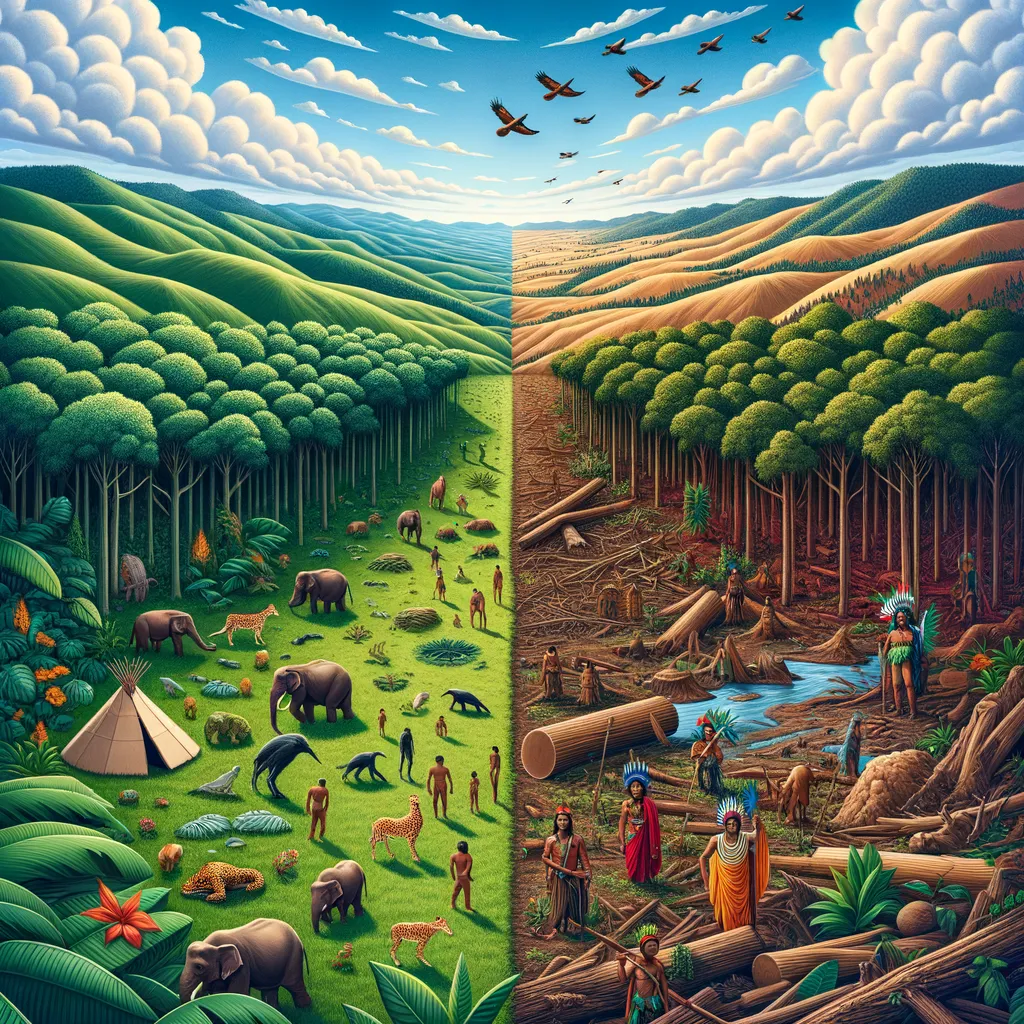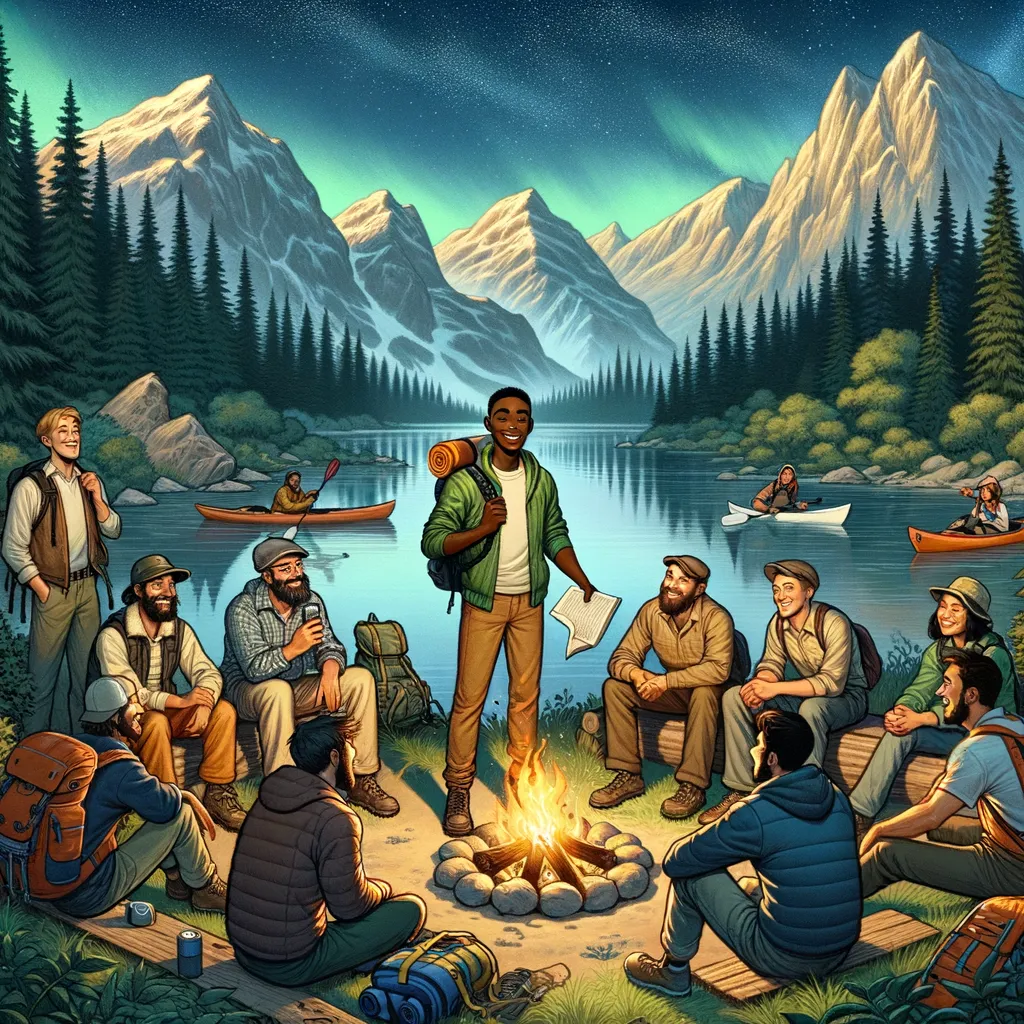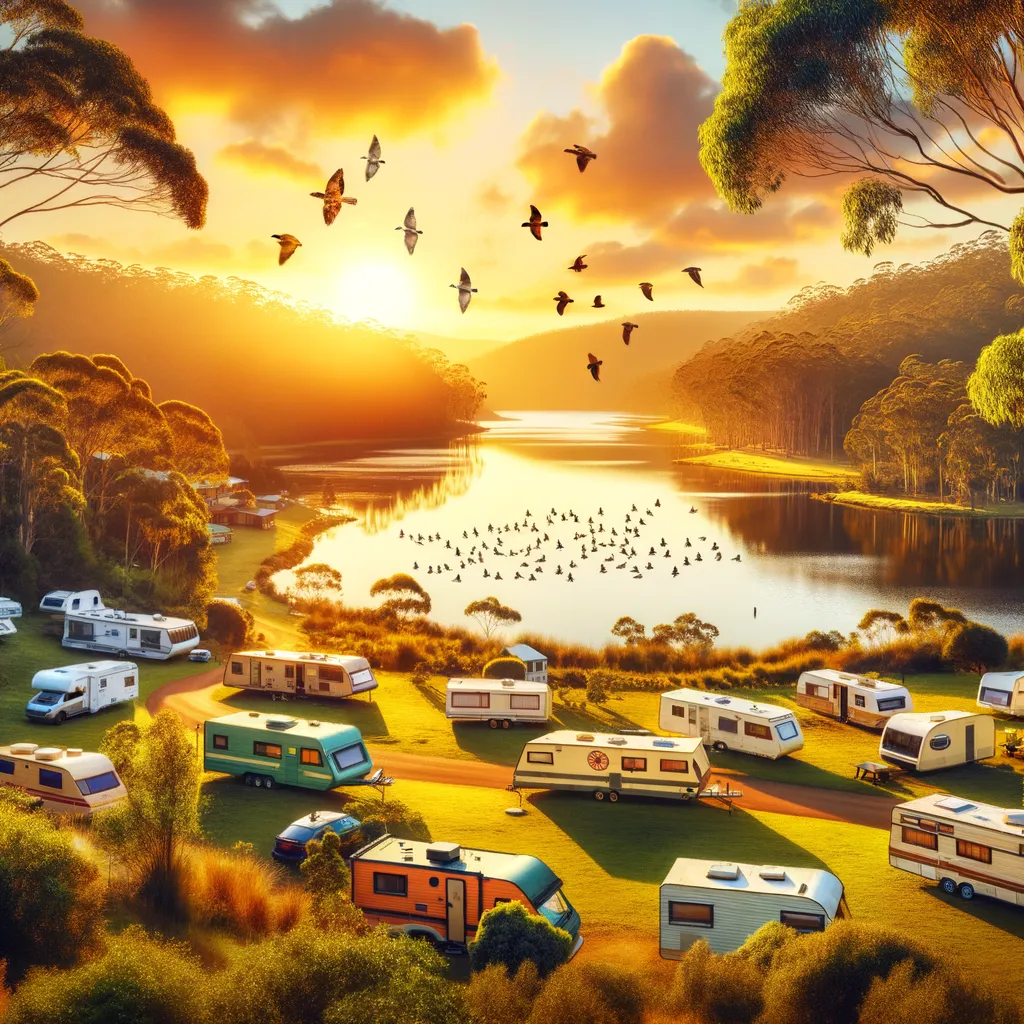Understanding the Impact of Colonialism on Indigenous Land and Conservation: A Guide for Parents
Welcome, tireless explorers and keen guardians of tomorrow! In today’s adventure, we’re embarking on a journey through the unwinding roads of history, to a topic that is both enlightening and essential – the impact of colonialism on Indigenous land and conservation. As parents, imparting knowledge about our world’s past, its complexity, and how it shapes our present and future is a priceless gift to our children. Let’s prepare them to be informed, compassionate citizens of the world!
In a world where the great outdoors beckons, Outdoors adventures provide a splendid canvas to teach our kids about the rich tapestry of life on this planet. Also, discovering new places to embrace nature can be a fun family activity with the help of Find camping spots, making every journey an opportunity for learning and appreciation.
The Shadows of Colonialism
Colonialism, a term that often brings to mind explorers, vast ships, and the ‘New World,’ carries with it a legacy that is deeply intertwined with the current state of our environment, particularly the lands that have been home to Indigenous communities for thousands of years. Understanding this impact is crucial for fostering empathy and a deeper appreciation for the stewardship of land and nature.
At its core, colonialism was about power, control, and exploiting land and resources — often disregarding the profound connection between Indigenous peoples and their territories. This process did not just reshape the geography of the lands but also the social and cultural tapestry of societies across the globe.
Indigenous Stewardship and Conservation
Indigenous peoples have been the custodians of their lands for millennia, with deeply rooted traditions and knowledge about sustainability and conservation. Their holistic approach to the environment, viewing it as a living entity with which they have a reciprocal relationship, stands in stark contrast to the often extractive and exploitative practices brought by colonial powers.
Their wisdom and practices hold invaluable lessons for contemporary conservation efforts, emphasizing the need to respect and learn from traditional knowledge to address current environmental challenges. Acknowledging and integrating Indigenous perspectives in conservation strategies not only honors their rightful place as stewards of their lands but also provides a path toward more sustainable and equitable environmental practices.
The Ripple Effects of Historical Actions
Today’s environmental landscape cannot be fully understood without examining the layers of history that have shaped it. The legacy of colonialism has left indelible marks on Indigenous lands, from deforestation and loss of biodiversity to the displacement of communities and disruption of traditional ways of life. These effects are not relics of the past but ongoing challenges that continue to impact Indigenous peoples and environmental health around the globe.
As parents and educators, sharing these stories with our children – with sensitivity to the complex nature of history and its consequences – is essential. It encourages a well-rounded understanding of how the past informs the present and inspires a commitment to be part of creating a more equitable and sustainable future.
In the next sections, we will delve deeper into specific examples of how colonialism has affected Indigenous lands and the innovative ways Indigenous communities are leading conservation efforts today. We’ll explore how these histories and current initiatives can be part of meaningful conversations with our children, helping them to connect with global histories, diverse cultures, and the importance of environmental stewardship.
This setup invites the reader into an important conversation, aligning with SEO best practices by integrating relevant keywords like “impact of colonialism,” “Indigenous land,” “conservation,” and “guide for parents.” The introduction sets the tone, establishes the importance of the topic, and outlines the article’s direction, encouraging readers to continue on this enlightening journey.

Five Essential Insights for Parents: Preparing for The Impact of Colonialism on Indigenous Land and Conservation Conversation
Embarking on the enlightening journey of understanding the impact of colonialism on Indigenous land and conservation with your children opens up a remarkable space for learning and growth. This guide is designed to equip you with essential insights, preparing you to explore this significant topic with curiosity and compassion. Here’s what every parent should know:
1. The Deep-Rooted Connection Between Indigenous Peoples and Their Lands
Before diving into the complexities of colonial impacts, it’s crucial to acknowledge and appreciate the profound bond between Indigenous peoples and their lands. This connection goes beyond physical ties to encompass spiritual, cultural, and ancestral dimensions. Indigenous stewardship of the land is based on principles of reciprocity, respect, and sustainability, ensuring the health and wellbeing of both the environment and the community. Explaining this connection to children can help foster a deeper respect for different ways of living and the importance of protecting natural spaces.
2. The Historical and Ongoing Effects of Colonialism
Colonialism is not just a chapter in history books; its legacies continue to affect Indigenous communities and environmental conservation efforts worldwide. From altering landscapes through deforestation and mining to enforcing borders that divide traditional lands, the actions of colonial powers have had lasting impacts. When discussing these issues with children, focus on the resilience and strength of Indigenous communities in the face of these challenges, whilst acknowledging the injustices they have faced.
3. The Role of Indigenous Knowledge in Conservation
Indigenous knowledge systems, developed over thousands of years, provide invaluable insights into sustainable living and environmental protection. Many conservation practices used today are informed by this wisdom, highlighting the importance of listening to and learning from Indigenous peoples. Sharing stories of successful Indigenous-led conservation initiatives with your children can inspire optimism and demonstrate the power of combining traditional knowledge with modern science to solve environmental challenges.
4. The Importance of Allyship and Advocacy
Understanding the impact of colonialism is a step toward becoming an ally to Indigenous peoples in their fight for rights, recognition, and conservation of their lands. Parents can lead by example, showing children how to support Indigenous-led efforts, whether through advocacy, education, or ethical choices in daily life. Discussing the concept of allyship at home encourages empathy, action, and solidarity with those working to protect their heritage and the planet.
5. Nurturing Hope and Taking Action
While the realities of colonialism’s impact can be sobering, it’s vital to approach these conversations with hope and a focus on positive change. Engage with your children on how everyone can play a part in making a difference, from supporting Indigenous-owned businesses to participating in community environmental initiatives. Encouraging active engagement and showing real-world examples of positive action can empower children to believe in the possibility of a better future.
In conclusion, preparing to discuss the impact of colonialism on Indigenous land and conservation with your children is an opportunity to open their eyes to the world’s complexities and beauties. By grounding conversations in respect, empathy, and action, parents can inspire the next generation to cherish diversity, honor our shared history, and contribute to a more just and sustainable world.
Exploring the impact of colonialism on Indigenous lands and conservation is a deeply enriching journey that not only broadens our understanding of history but also strengthens our connection to the Earth and each other. It is through these thoughtful explorations that we can teach our children the values of respect, empathy, and shared responsibility for our planet. Engaging in this dialogue, armed with the insights provided, ensures a more inclusive, informed, and compassionate approach to navigating the challenges and opportunities of conservation today. As we venture forth on these learning journeys with our children, we build a foundation for a more harmonious and sustainable future for all inhabitants of our beautiful planet.
Disclaimer
The articles available via our website provide general information only and we strongly urge readers to exercise caution and conduct their own thorough research and fact-checking. The information presented should not be taken as absolute truth, and, to the maximum extent permitted by law, we will not be held liable for any inaccuracies or errors in the content. It is essential for individuals to independently verify and validate the information before making any decisions or taking any actions based on the articles.




